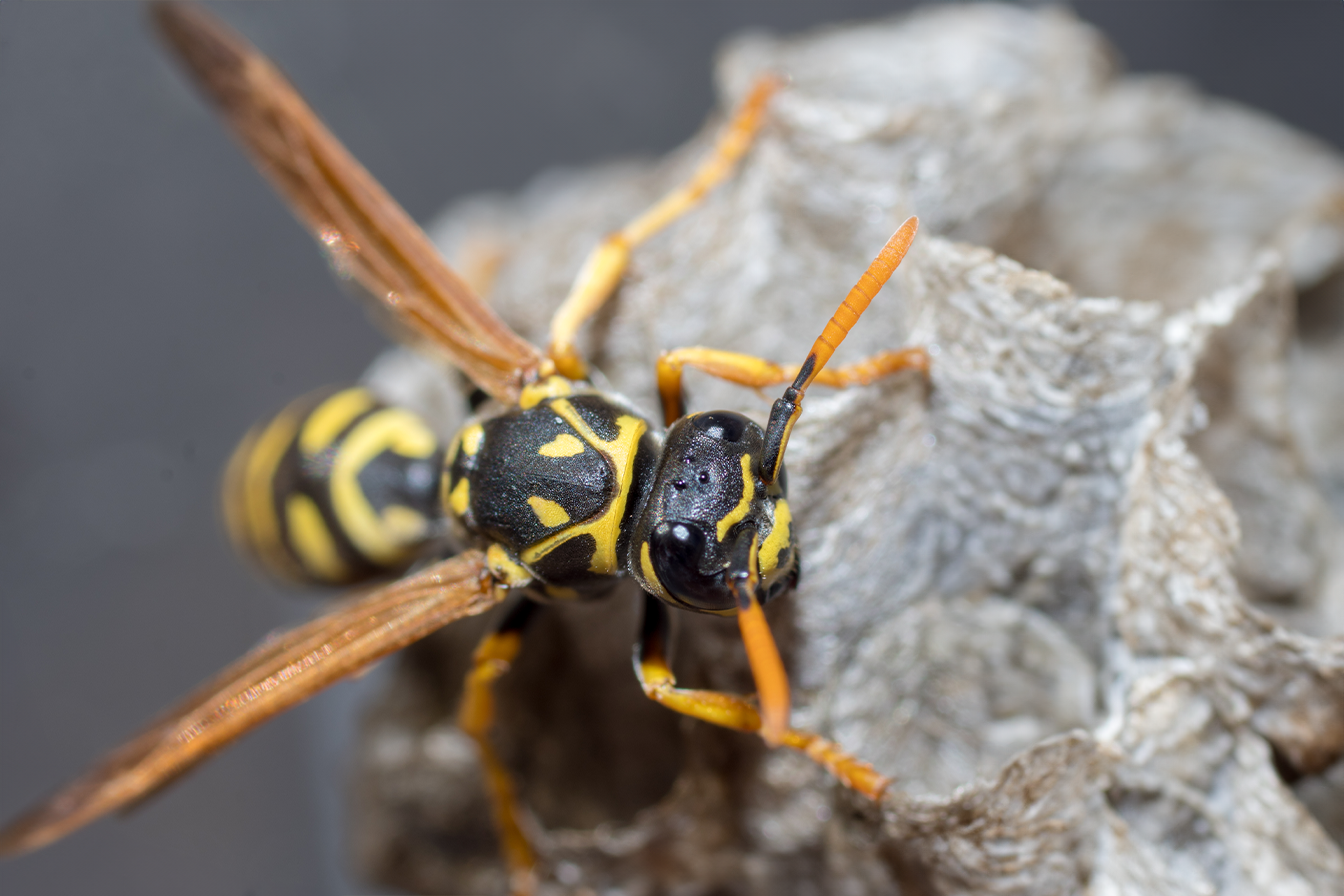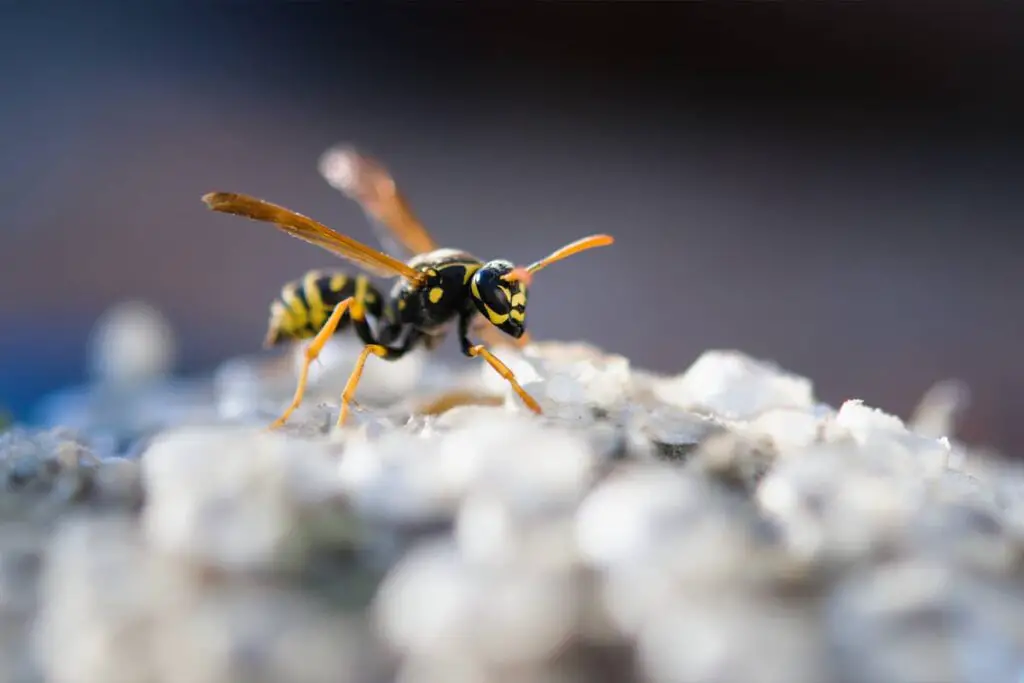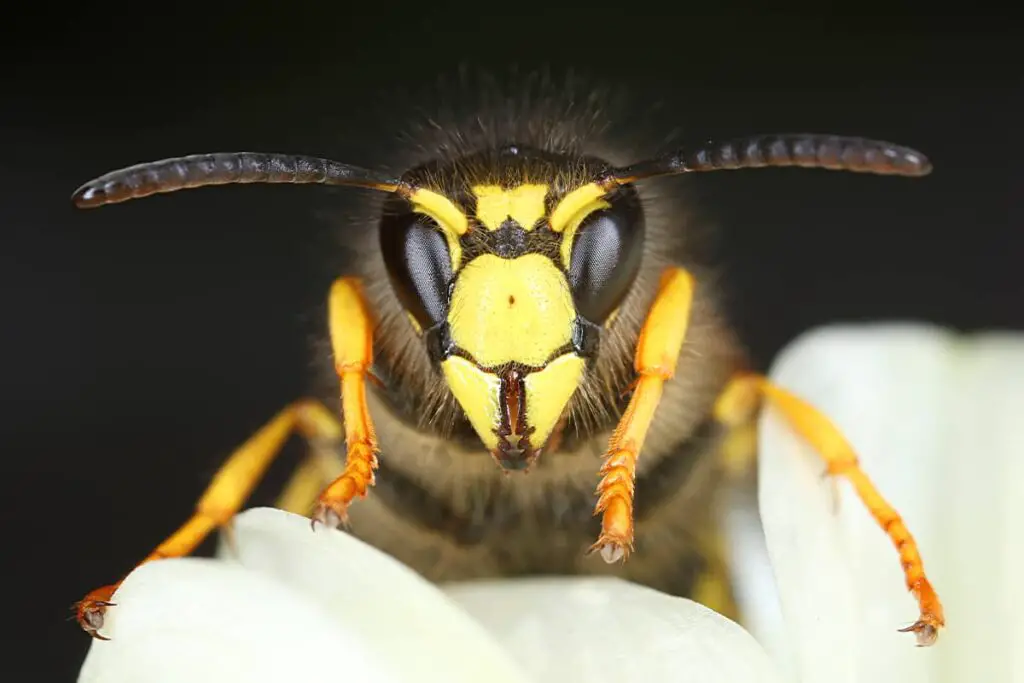
When it comes to understanding the behavior of wasps, one question that often emerges is whether they are attracted to certain blood types. While mosquitoes have been studied for their blood type preferences, less is known about how wasps – whose diets primarily consist of other insects and sugary substances – interact with humans based on blood type. Wasps can be a nuisance and even a health threat when they sting, so it’s natural to wonder if your blood type makes you more susceptible to these encounters.
Despite the intrigue around this topic, scientific evidence regarding wasps’ attraction to human blood types is limited. Unlike mosquitoes, which feed on blood to nourish their eggs, wasps do not consume blood as part of their diet. Therefore, the idea that wasps are drawn to people based on their blood type may not hold the same weight as it does for mosquitoes. Your experience with wasps is more likely influenced by other factors such as scent, color, and behavior rather than the type of blood flowing through your veins.
Understanding Wasp Behavior
In exploring the intriguing world of wasps, you will uncover the factors that attract them as well as delve into the fascinating studies on blood type attraction.
Wasp Attraction Factors
Wasps are drawn to a variety of influences in their environment. They are notoriously attracted to sweet substances, such as ripe fruits, sugary sodas, and juices, which they use as a source of energy. Their preference for sweets is a key reason wasps might be buzzing around your picnic. Additionally, wasps seek out protein sources like meats and pet food, especially when they are feeding their young or building their nests. It’s important to keep your food covered and promptly clean any spills to reduce the appeal of your space to these insects.
Contrary to some myths, wasps do not show any particular attraction to specific blood types. Instead, their interest in humans usually stems from the scents and colors that people wear, as well as the presence of food.
Blood Type Studies
The notion that wasps are attracted to certain human blood types has been a topic of curiosity. However, research in this area is limited, and there is no substantial evidence to suggest that wasps have any preference for blood type. Your blood type won’t make you more attractive to wasps. They are generally more interested in environmental factors such as food sources and the protection of their nest rather than the blood running through your veins. Your best bet in managing your interactions with wasps is through understanding their behavior and minimizing attractants, rather than worrying about your blood type.
Human Factors and Wasp Interactions
Wasps may be drawn to you based on your personal scent signature and the specific chemical cues present in your sweat. These factors can influence wasp behavior and interactions with humans.
Personal Scent Signatures
Your unique body odor, a combination of genetics, hygiene, and lifestyle, creates a personal scent signature that can attract or repel wasps. Research has yet to establish a direct link between blood types and wasp attraction, but your scent is a strong factor in how these insects respond to you.
Chemical Cues in Sweat
The chemicals in your sweat, such as lactic acid, can vary depending on your diet and physical activity. These substances can attract wasps as they can sense and are drawn to certain odors and compounds present in human sweat.
Preventive Measures Against Wasps
When looking to minimize encounters with wasps, your choice of clothing and the repellents you use can make a significant difference. Let’s explore how to keep these insects at bay effectively.
Color and Clothing Attraction
Wasps are attracted to bright and dark colors, so wear light-colored, smooth-finished clothing to become less appealing to them. It’s also important to avoid floral patterns that can mimic their natural environment.
Natural Repellent Strategies
In terms of natural repellents, consider using essential oils like peppermint, which wasps tend to avoid. Additionally, grow wasp-repellent plants such as eucalyptus and thyme in your garden to keep the area less enticing for them.
Frequently Asked Questions
Wasps, similar to other insects, might exhibit preferences in whom they approach based on various factors ranging from biological to environmental. If you find yourself a frequent target for these buzzing insects, you might be curious about the reasons behind their selective behavior.
Why do some people seem to attract wasps more than others?
Your natural body odors and the carbon dioxide you exhale can be more enticing to wasps, making some individuals seem more attractive to these insects than others.
Is there a connection between body chemistry and wasp attraction?
Yes, body chemistry plays a role in wasp attraction. Chemicals present on your skin and in your sweat may attract these stinging insects.
Do wasps prefer certain scents or perfumes that might be linked to individuals?
Wasps may be drawn to strong fragrances from scents or perfumes, which might mimic the smell of flowers or food, signaling a potential food source.
Can the food we eat influence wasp attraction to us?
Indeed, the food you eat, especially sugary fruits or beverages, can leave residues on your skin or emit odors that wasps find appealing.
Does the color of clothing affect how often wasps approach people?
Bright colors, especially floral ones, can attract wasps as they can be mistaken for flowers, which are natural sources of food for these insects.
Are there specific behaviors that make a person more interesting to wasps?
Sudden movements or agitated behavior can draw a wasp’s attention and possibly be interpreted as threatening, increasing the chances of an encounter or wasp approach.
Driven by a passion for those tiny creatures that rule our world, we at Bug Domain strive to be your go-to resource for information on insects.




